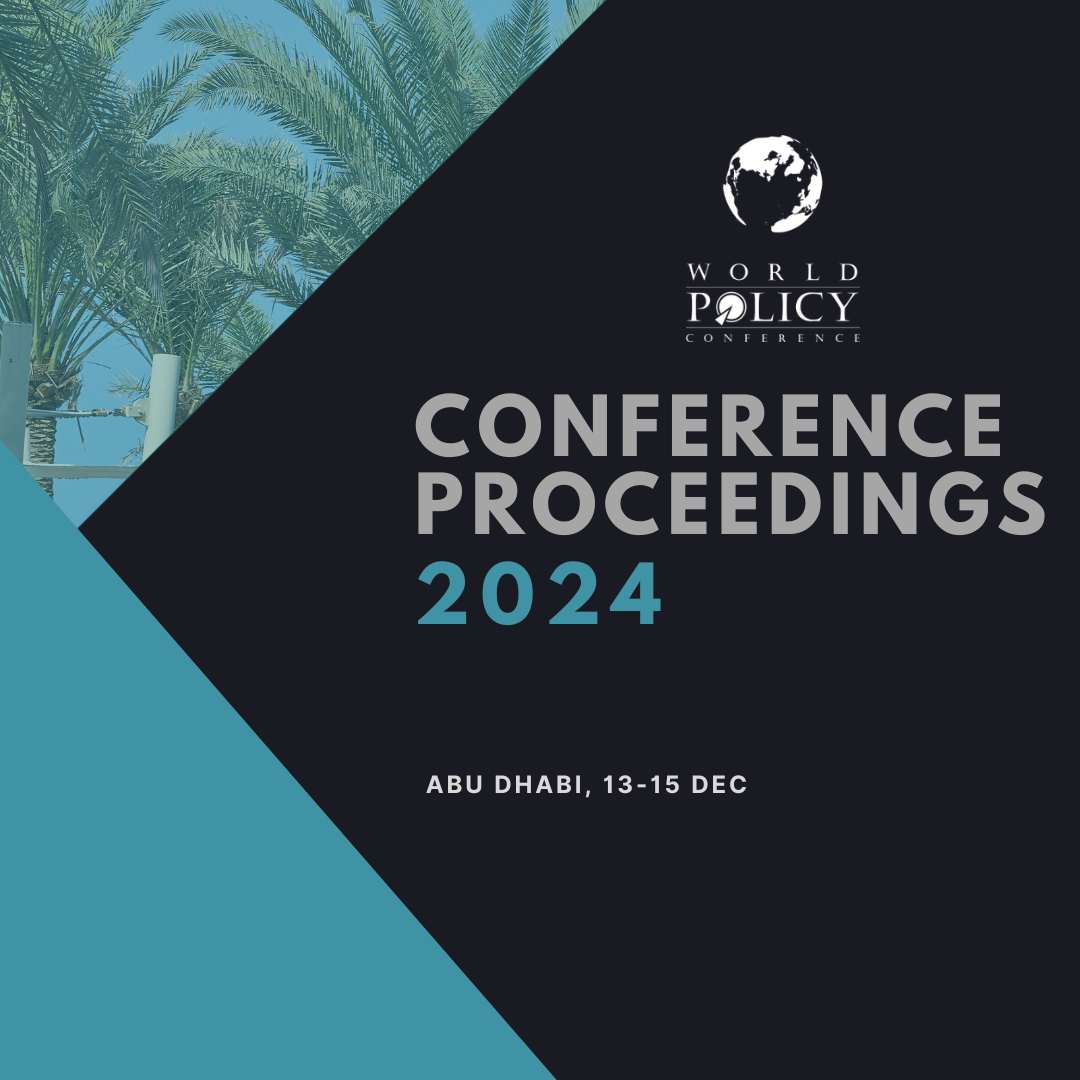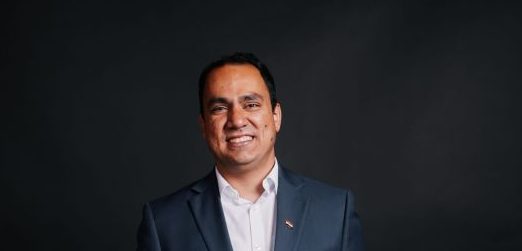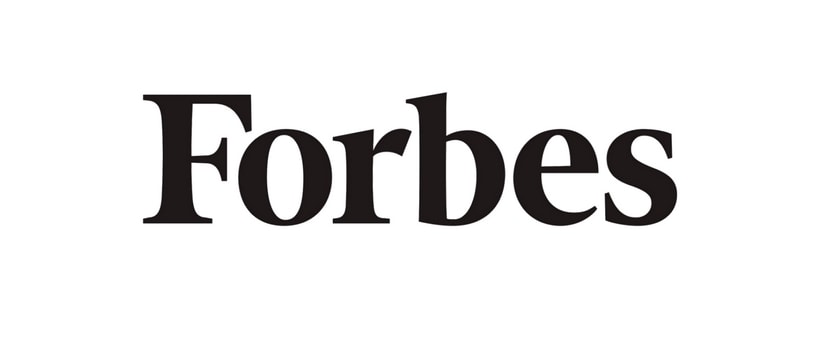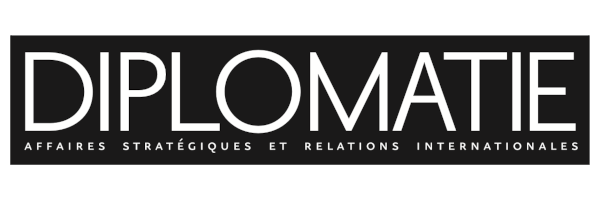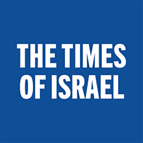Is this the end of the Western-led world order?
Widening transatlantic rift benefits Russia and China in Asia
Hiroyuki AKITA, Nikkei commentator
January 31, 2026
TOKYO — The first anniversary of U.S. President Donald Trump’s second term unfolded under the shadow of sharply escalating transatlantic discord, exacerbated by his hard-edged campaign to bring Greenland, a Danish territory, into the American fold.
At this year’s World Economic Forum, held from Jan. 19 to Jan. 23 in Davos, Switzerland, Trump effectively climbed down from his earlier threats of using military force to acquire Greenland, yet he remained adamant about securing control of the world’s largest island, most of it buried beneath an ice sheet.
Seeking to curb Washington’s ambitions, major European countries, including the U.K., France and Germany, sent personnel to Greenland for joint military exercises, further inflaming tensions. Instead of behaving like long-standing partners, the U.S. and Europe are drifting into a semi-adversarial posture.
A “world without the West” is taking shape. That may sound like hyperbole, but the era in which the U.S.-European partnership sets the rules and others simply follow them has receded into history. After consecutive trips to Europe and the U.S. last December, I came away convinced the world is undergoing a drastic shift.
Since the end of World War II, the U.S. and Europe have worked in lockstep to build and steward the global order. The unraveling of that system marks a profound turning point in the postwar era.
Today’s transatlantic rift goes far beyond territorial disputes or strategic disagreements; it cuts to the heart of how each side sees the nation and the world itself.
If this were a human relationship, it would resemble a partnership in which differences in values have grown so deep that trust no longer binds the two sides. Conflicts of interest can be negotiated, but a clash of values is far harder to bridge. As a world sans the West takes shape, the resulting shockwaves could spread, leaving international politics even more unmoored. It is a trajectory that casts a long, unsettling shadow over the global future.
The National Security Strategy, released by the Trump administration on Dec. 5 to guide Pentagon policy, crystallized this divide. Its language toward Europe was so caustic that it no longer sounded as if Washington were addressing an ally.
The document argued, for example, that Europe’s traditional communities and values are being eroded by a rapid influx of immigrants. “Should present trends continue, the continent will be unrecognizable in 20 years or less,” it warned. It also cast doubt on the future of the alliance, asserting that “it is far from obvious whether certain European countries will have economies and militaries strong enough to remain reliable allies.”
With far-right and right-wing populist parties clearly in mind, the strategy went on to praise “the growing influence of patriotic European parties,” which it said “gives cause for great optimism” — a thinly veiled signal of Washington’s support.
Why does Trump harbor such deep hostility toward Europe today and attack it so relentlessly? According to foreign-policy experts and former U.S. officials familiar with the administration’s internal thinking, three primary factors are driving this stance.
First, the administration’s strategy aims to bring a swift end to Europe’s dependence on U.S. military power. The goal is to jolt Europe into accelerating its own defense self-reliance.
The second reason runs deeper. The Trump administration is fortifying U.S. borders through tighter immigration controls and higher tariffs, an effort to reinforce the basic architecture of the sovereign state. From Washington’s viewpoint, Europe is moving in the opposite direction, with individual nations weakening the very concept of sovereignty. The administration fears that continued immigration from the Middle East and Africa into Europe, and the resulting dilution of what they view as Europe’s Western civilizational core, will ultimately erode U.S. interests with serious consequences.
Third, Trump and his inner circle nurse a deep resentment of the European elites who, in their view, treated them with condescension during the first Trump term.
Viewed in this light, far-right and other parties advocating anti-immigration policies and fortified borders are natural allies.
“Trump’s team views the essence of a nation as its borders and sovereignty,” said Walter Russell Mead, a distinguished fellow at the Hudson Institute, a Washington-based think tank. “From this perspective, the European Union, an entity that blurs national borders and pushes political integration, appears to him as a project that dissolves real statehood.”
In the postwar era, shaped in part by the lessons of devastation, the EU pursued integration by lowering borders and enabling the free movement of people and goods. Successive U.S. administrations broadly endorsed this direction.
Trump’s team has upended that consensus, however, moving in a direction that directly repudiates the European model. Predictably, this has triggered fierce backlash across the continent. What angers European politicians and pundits most is Washington’s open encouragement of far-right and right-wing populist parties — forces they regard as existential threats to Europe’s values and political foundations. These parties typically champion anti-immigration and anti-EU agendas, and some carry a noticeable pro-Russian tilt.
“Trump sees Europe’s large-scale acceptance of migrants from the Islamic world as eroding the cultural foundations of Western civilization,” Mead said.
The rise of far-right populist movements across Europe has been striking. In Germany, Alternative for Germany, or AfD, surged to become the second-largest party in the February 2025 general election. In France, Jordan Bardella of the National Rally party now leads polling for the 2027 presidential race, while in the U.K., the hard-right Reform UK is posting record support, outpacing both the Conservative and Labour parties in many surveys.
For leaders in London, Berlin and Paris, a Trump administration that openly bolsters such forces looks less like an ally than a potential adversary. A Labour member of the British Parliament long known for his pro-American stance, captured this sentiment when he told me that, under Trump, the U.S. has shifted from an ally to a hostile nation.
As the Hudson Institute’s Mead said: “In Trump’s view, a Europe that weakens itself both politically and culturally becomes a less valuable ally and increases America’s strategic burden.”
For two days, ending Dec. 12, senior officials and policy experts from the U.S., Europe and other regions convened in the Romanian capital of Bucharest to discuss Ukraine’s future in a forum titled “Rebuilding Ukraine: Security, Opportunities, Investments,” organized by Romania’s New Strategy Center. Several European participants voiced serious concern about the implications of Washington’s changing strategic posture, with one remarking that the newly released National Security Strategy makes clear that Europe must speed up its drive for strategic self-reliance.
With Washington and Europe now embracing national and global worldviews as incompatible as oil and water, the transatlantic fissure is poised to widen this year. In the run-up to this autumn’s midterm elections, the Trump administration is expected to raise its border “walls” even higher and impose still stricter immigration controls.
Meanwhile, Britain, Germany, France and other major European nations face a series of pivotal elections between now and 2029. As far-right and right-wing populist parties continue to expand their influence, Europe’s sense of alarm over the Trump administration is almost certain to intensify.
Compounding the strain on U.S.-Europe relations is a growing divergence in their approaches to Russia. While European governments remain acutely aware that their security is at risk unless Russia’s invasion of Ukraine ends in failure, Trump views China — not Russia — as the primary geopolitical threat. Consequently, the White House has been advocating for a ceasefire between Russia and Ukraine and is considering the possibility of improving ties with Moscow. The strategic trajectories of the U.S. and Europe are, in effect, moving in opposite directions.
If this schism continues to deepen, the consequences for Asia will be profound. Japan, Australia and South Korea have been pushing for closer alignment with NATO in response to the security challenges posed by China and Russia. Their strategy rests on the assumption that China and Russia’s accelerating military cooperation requires deeper, globe-spanning coordination with NATO to contain Beijing and Moscow and reinforce deterrence.
But if the divide widens, cooperation between NATO and the three U.S. allies in the Asia-Pacific could begin to deteriorate. Russia and China, long wary of growing NATO-Asia coordination, would feel emboldened and act more aggressively, further destabilizing the Taiwan Strait and the South China Sea. Strains in U.S.-India ties, caused by the Trump administration’s stance on Pakistan and tariff disputes, come as welcome news to China and Russia, which have been uneasy about the deepening partnership between Washington and New Delhi.
Preventing such an outcome makes it all the more urgent for Japan and other U.S. allies in Asia to sustain close coordination with both the U.S. and Europe.










